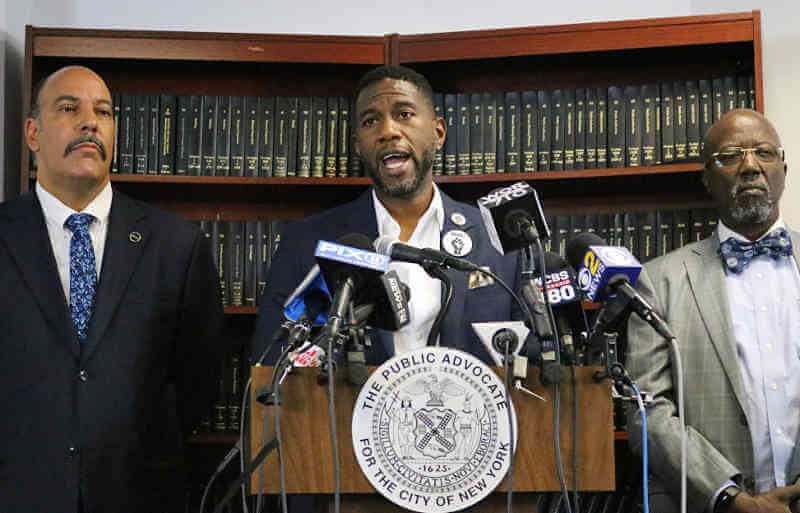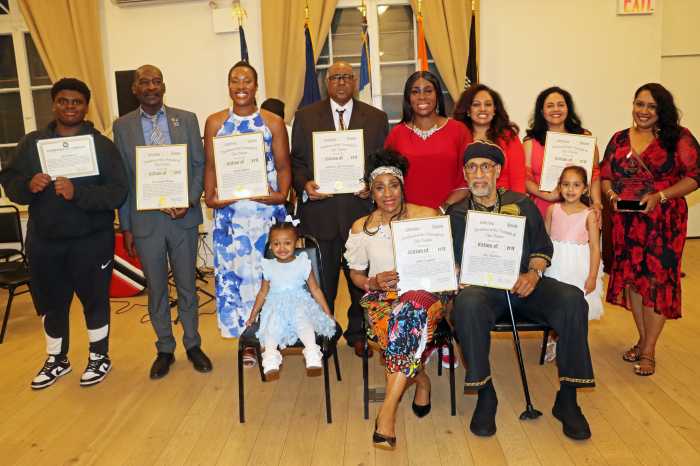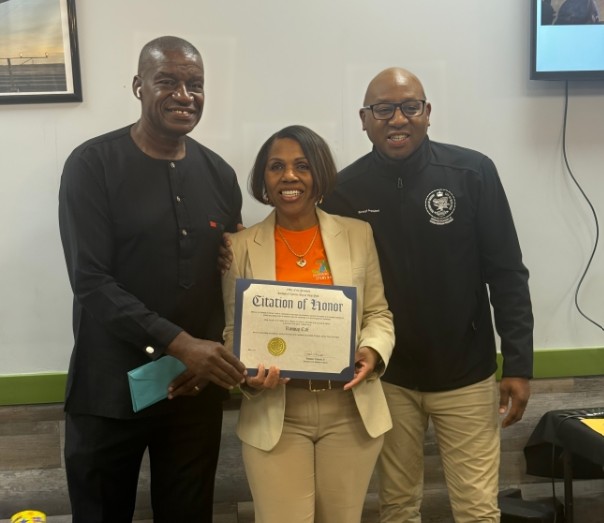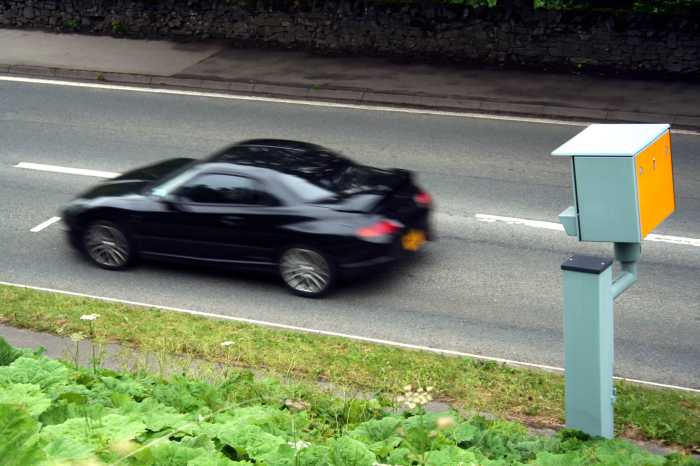Mayor Bill de Blasio on Wednesday signed law a bill tabled by Public Advocate Jumaane D. Williams that codifies and protects the right of civilians to record police officer activity.
The enacting of this measure, the Right to Record Act, first introduced in 2016, comes after video of a white Minneapolis police officer keeling on the neck of African American George Floyd, resulting in his death, has spurred a national movement for an end to policing injustice.
Williams said videos taken at the resulting protests have shown further officer misconduct, triggering a push for further reforms on city, state and federal levels.
“We are in a moment when the need to protect public safety and the need to re-define it are more intertwined than ever,” said Williams. “The solution lies in each entity, civilian and law enforcement working together to keep our communities safe and combat violence, and in allowing for transparency and accountability when that obligation is not met.
“Because of the advocates who pushed this need for years, we are now codifying the right to record into city law, further protecting the ability for the public to provide transparency and demand accountability as we move forward together in a holistic strategy to have safer streets and better policing at the same time,” he added.
“We cannot give into the false and destructive notion that communities must choose between accountability and transparency in policing or safer streets,” Williams continued. “The people of this city deserve both. Working together, we can provide it.”
Int. 721-B, or the Right to Record Act, codifies into local law a person’s right to record New York City police officers or peace officers acting in their official capacity, from a safe distance and while not interfering with police activity.
The bill was co-sponsored by Council Member Helen Rosenthal.
Williams said the legislation originally came after “a number of prominent instances when civilians’ right to record was deliberately infringed.”


























